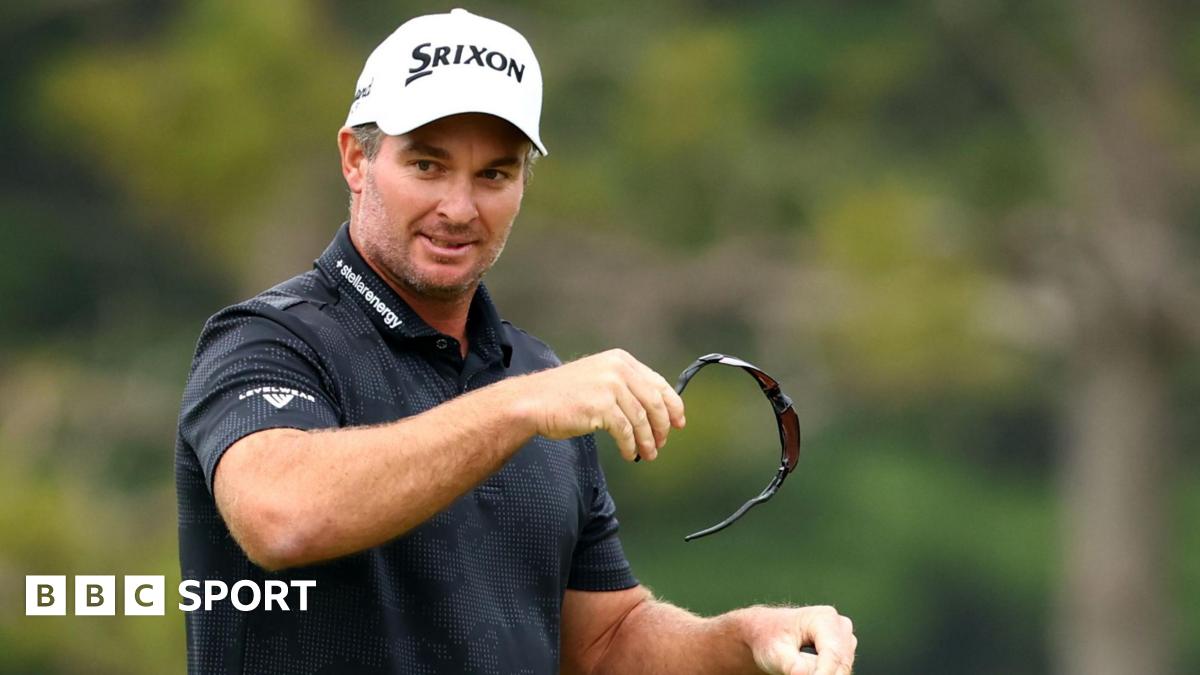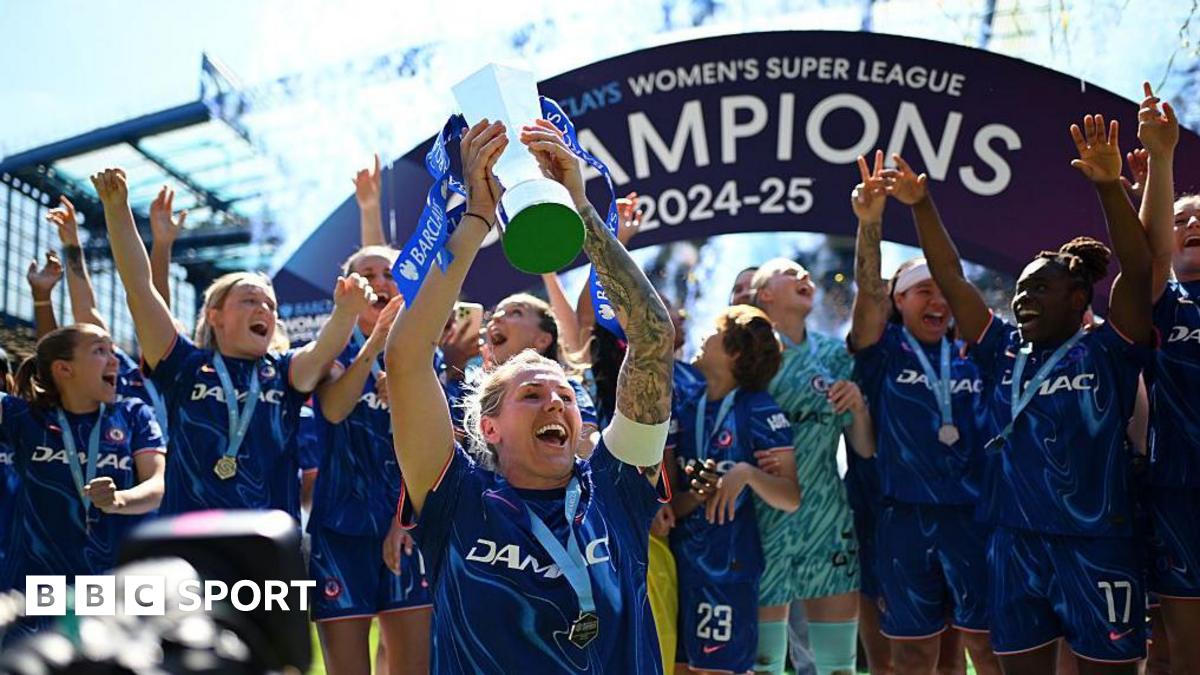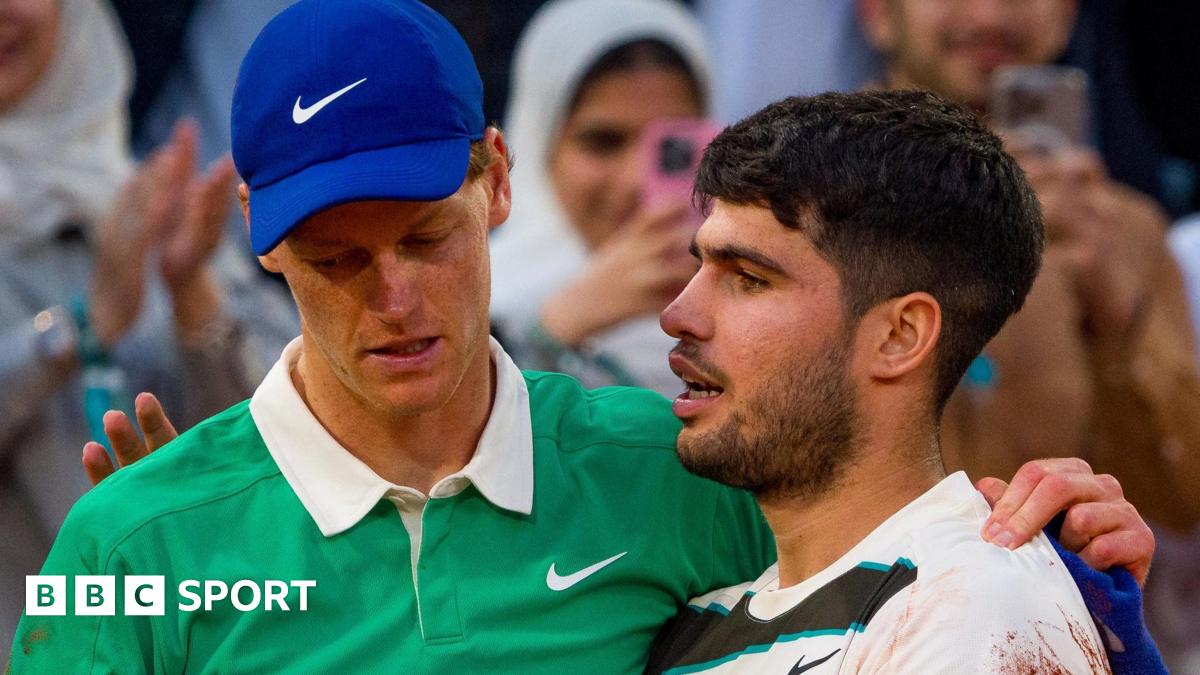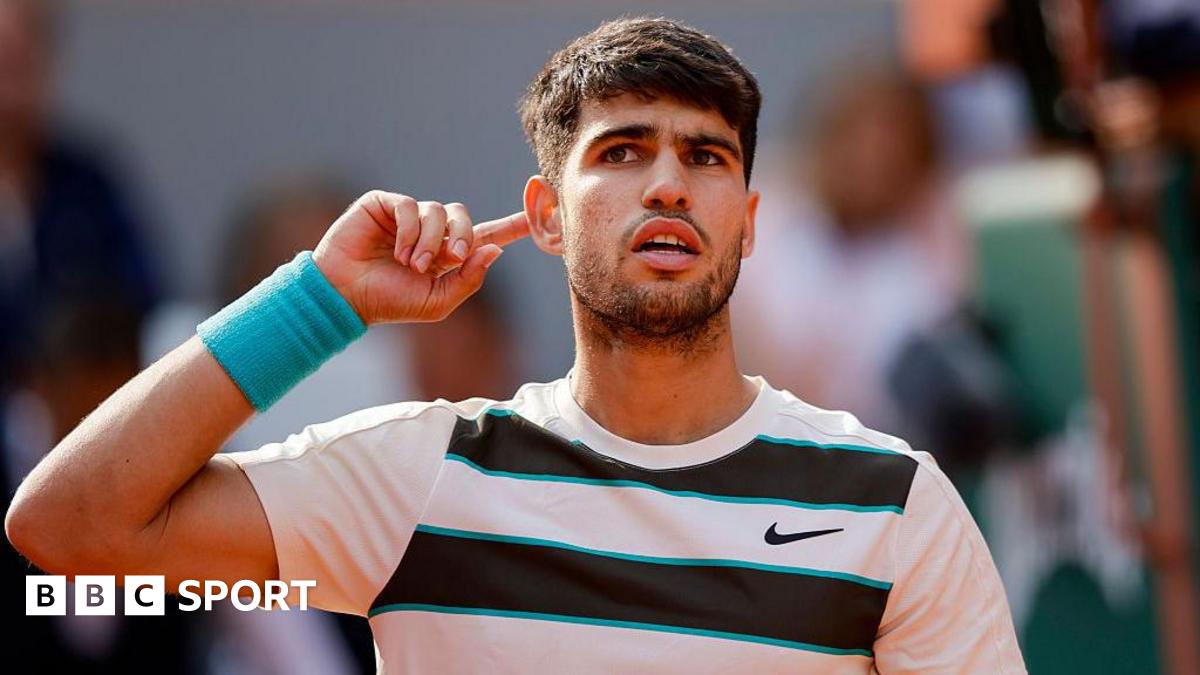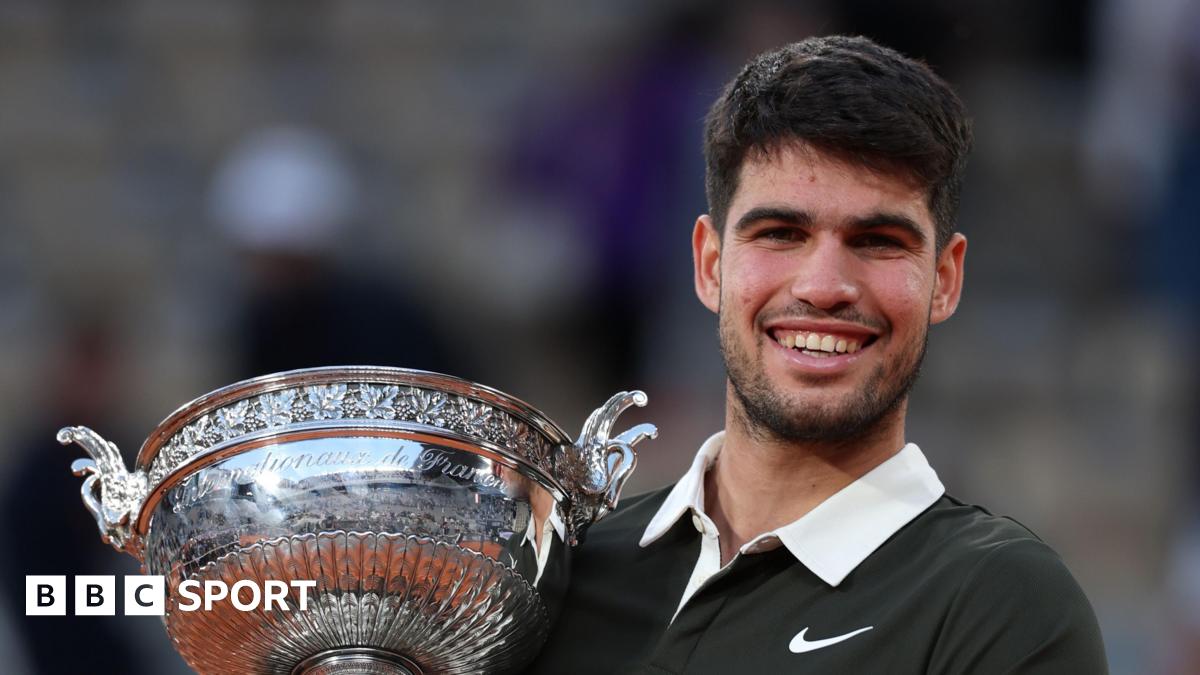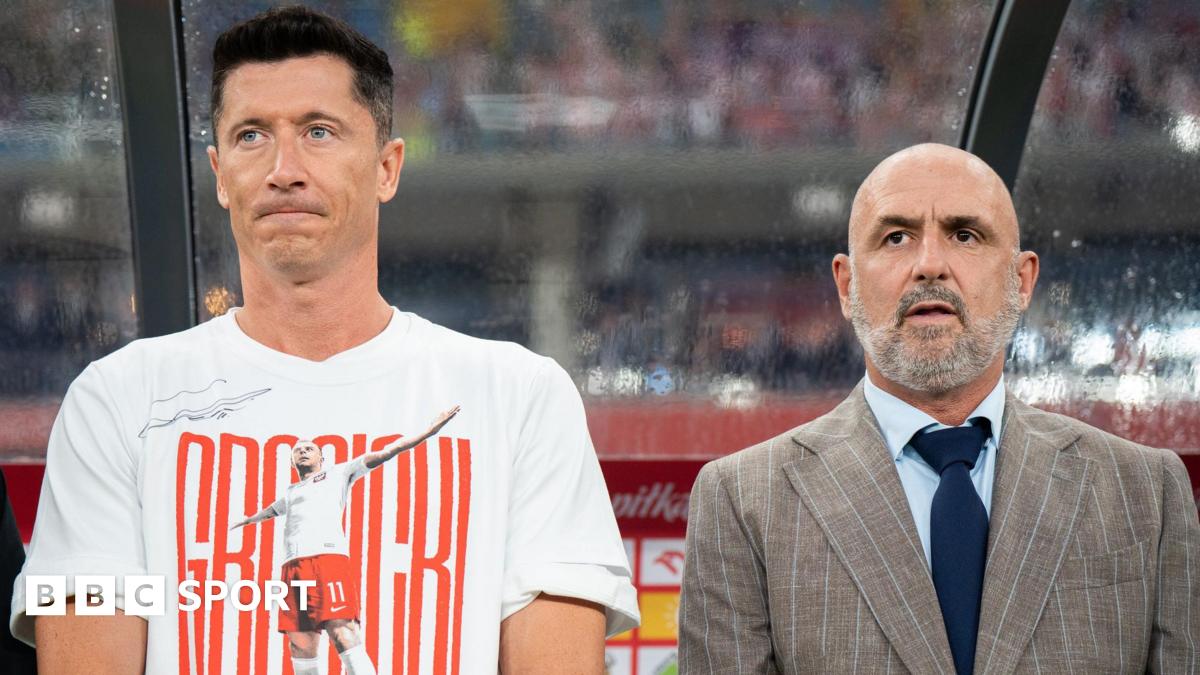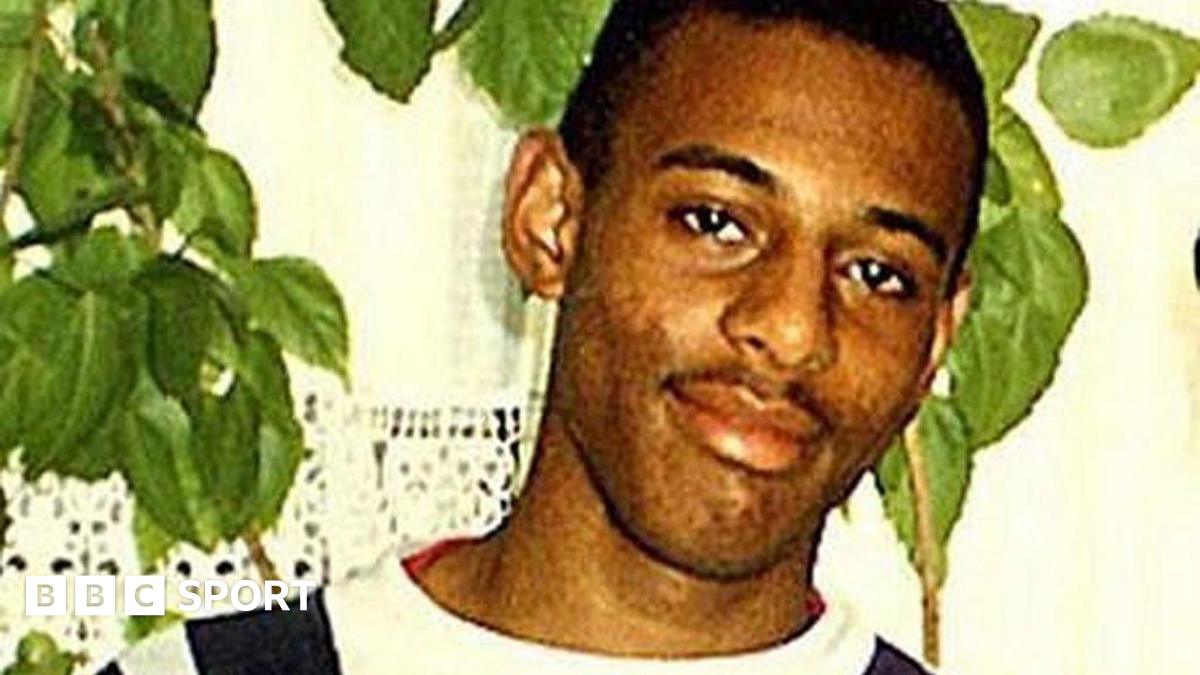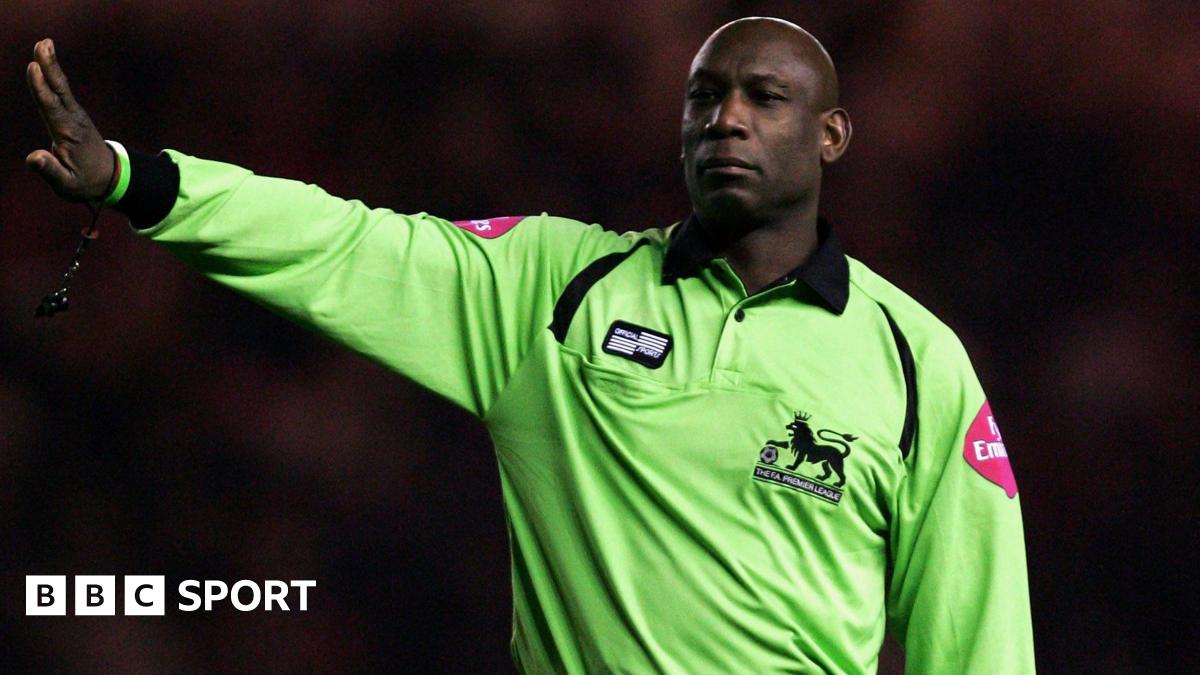Sinner has emerged as the standout player on the ATP Tour over the past 18 months, with a machine-like brand of tennis reminiscent of 24-time major champion Novak Djokovic in his prime.
Little appears to faze the mild-mannered Italian on or off court – even the controversy surrounding the doping case which rocked the sport.
Sinner agreed a three-month ban with the World Anti-Doping Agency shortly after retaining his Australian Open title in January, meaning he did not miss a Grand Slam tournament and was able to take his place at Roland Garros.
It was like he had never been away.
Sinner did not drop a set on his way to his maiden French Open final, losing serve only three times in his six matches - the fewest since Spanish great Rafael Nadal in 2012.
But his serve instantly came under intense pressure against Alcaraz in an elongated start which included a 12-minute opening game.
The quality of his service game varied as the contest ebbed and flowed, but landing 54% of his first serves over the whole match was a telling statistic.
Alcaraz broke him seven times as a consequence and swarmed over Sinner's second serve to take control of the final-set tie-break.
Questions were raised about Sinner's fitness and durability if the final went long, given he is still in the early stages of his comeback, but he answered them in the longest match of his career.
Addressing his team afterwards, he said: "We tried our best today. We gave everything we had.
"Some time ago, we would have loved to be here [in the final] so it's still been an amazing tournament."


